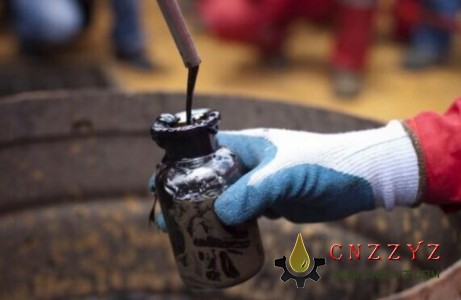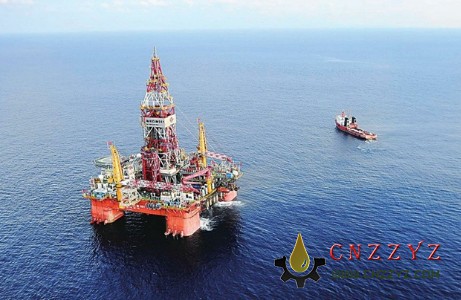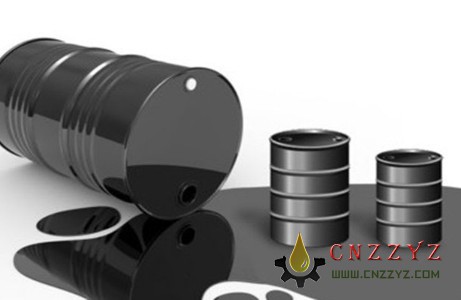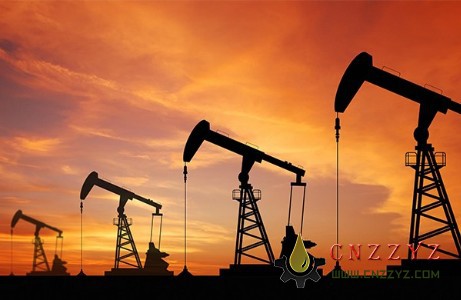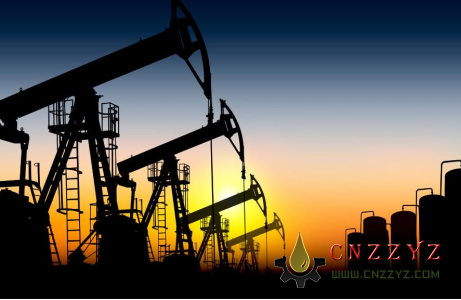石油设备网讯 据世界能源新闻/网2019年3月10日悉尼报道,澳大利亚的天然气行业已把自己逼入绝境,澳大利亚如今面临着一个严峻的现实:要缓解国内日益逼近的供应紧缩和相关价格上涨的双重问题没有简单的选择。
澳大利亚远不是第一个发现自己存在能源问题的国家,但是,由于澳大利亚即将成为全球最大的液化天然气(LNG)出口国,就目前而言这是不寻常的,而且澳大利亚迄今仍无法正确制定政策以确保国内的天然气供应。
一个今年将出口近8000万吨LNG的国家发现,解决国内天然气供应短缺的最佳选择是开始进口同样超冷燃料的货物,这听起来有违直觉,而且有些奇怪。
正如一位与会代表所言,在本周举行的澳大利亚国内天然气展望(ADGO)会议上,与会者勉强承认,LNG进口可能是澳大利亚的“最坏选择”。
在追溯澳大利亚是如何走到这一步的过程中,一个故事浮出水面:糟糕的政策制定、过于雄心勃勃的LNG项目以及天然气用户未能意识到市场动态正在永久转变。
澳大利亚国内天然气供应紧张问题在很大程度上要归咎于过去7年在昆士兰州建造的3个大型LNG厂,这些大型LNG厂使东澳大利亚市场的天然气需求量增加了两倍。
这3个共具有年产2500万吨LNG能力的LNG厂是根据它们将使用它们自己的储量作为原料来规划和执行的。
李峻 编译自 世界能源新闻
原文如下:
Australia's Best Option is LNG imports
Australia has painted itself into a corner with its natural gas industry and faces the stark reality that there are no easy choices to alleviate the dual problem of a looming supply crunch and the associated higher prices.
Australia is far from the first country to find itself with an energy issue, but it is unusual insofar as the country is about to become the world's largest exporter of liquefied natural gas (LNG), and still it can't get its policy settings right to ensure domestic supplies.
It sounds counter-intuitive and somewhat bizarre, that a country that in 2019 will export nearly 80 million tonnes of LNG finds that the best solution to its domestic supply crunch is to start importing cargoes of the same super-chilled fuel.
There was grudging acknowledgement at this week's Australian Domestic Gas Outlook (ADGO) conference that LNG imports were likely the "least worst option", as one of the delegates put it.
In tracing the story of how Australia reached this point, a tale emerges of poor policymaking, overly ambitious LNG projects and a failure of natural gas users to realize that the market dynamics were permanently shifting.
Much of the blame for the domestic natural gas problem is settled on three LNG plants built in Queensland state over the past seven years that tripled the amount of gas needed in the eastern Australia market.
These three plants, with a combined capacity of about 25 million tonnes a year, were planned and executed on the basis that they would use their own reserves as feedstock.


